The People Behind Japan’s Teas: Discovering Authentic Japanese Tea with Yunomi.life
Meet the farmers preserving Japan’s centuries-old tea traditions — from Kyoto’s genmaicha to Miyazaki’s rare kamairicha — and explore 1,000+ teas connecting Japan’s tea heartlands with the world.
Today’s newsletter is a little different — and very special.
Last month, I met the founder of Yunomi.life, and I immediately realized they weren’t like other Japanese tea shops. Why? Because Yunomi isn’t just about tea leaves — it’s about the people who grow them.
Over 150 small family farms across Japan
More than 1,000 varieties of tea — from classic sencha to rare kamairicha
Every tea comes with the story of its farmer, their land, and their traditions
In short, Yunomi.life is a bridge between tea lovers around the world and the communities in Japan who keep centuries of craftsmanship alive.
Today, I’ve handpicked 4 teas from Yunomi.life that I think you’ll love. And at the end, there’s a ¥1,000 coupon code + giveaway for you. 🍵
1. #0017.K6 Obubu: Genmaicha Green Tea
You might already know this. Genmaicha, a blend of green tea and roasted brown rice, is sometimes nicknamed “popcorn tea” because of the satisfying, toasty aroma that fills the air as it steeps. Originally, it was considered a “commoner’s tea” in Japan because the rice stretched the expensive green tea. Today, it’s one of the most beloved comfort teas.
What makes it special: At Obubu Tea Farms in Kyoto, farmers Akky and Matsu combine sweet mochi rice with their bancha leaves, creating a genmaicha that’s deeply balanced — not just tea with a hint of rice, but a perfect harmony of sweetness, bitterness, and nutty roast.
Flavor: Warm, nutty, comforting, with lingering sweetness
Mood: A hug in a cup — perfect for chilly mornings or relaxing evenings
Producer: Kyoto Obubu Tea Farms, founded in 2004 to connect local tea farmers with tea lovers worldwide
2. #0738.S2 Yokota Tea Garden #01: Kuki (Stems) Hojicha
Kukicha, literally “stem tea”, is made from the twigs, stalks, and stems left after processing tea leaves. Don’t let that fool you — this is no “leftover” tea. In fact, when made from high-grade teas, it’s often called karigane, a poetic word meaning “the sound of geese.”
What makes it special: Yokota Tea Garden roasts summer-harvested stems into a kuki hojicha, producing a tea with gentle smokiness, nutty sweetness, and very low caffeine. It’s ideal for evening relaxation without the jitters.
Flavor: Smooth, earthy, with a natural sweetness
Mood: The tea equivalent of a cozy fireplace, great for winding down
Producer: Yokota Tea Garden, a family farm in Sayama, Saitama — famous for its robust, richly flavored teas
3. #0073.F2 Kurihara Tea: 2025 Superior Sencha Hime Kaori 媛かおり
Sencha is the heart of Japanese tea culture — steamed, rolled, and dried to capture the freshness of spring leaves. It’s the everyday tea of Japan, but in the hands of the right farmers, it becomes extraordinary.
What makes it special: This “Hime Kaori” sencha comes from the Kurihara brothers in Yabemura, a tiny mountain village of about 1,000 people. Their fields, tucked between 300–700m altitude, produce a tea with a clean, grassy brightness and layers of umami.
First steep: Soft, balanced, with a sweet–astringent harmony
Second steep: Stronger body, citrusy sharpness, and more umami
Mood: A refreshing daily tea that lets you taste Japan’s terroir with every sip
Producer: Kurihara Seicha, a three-generation family farm dedicated to preserving Yame’s tea traditions
4. #0485.M3 Miyazaki Sabou MY05: Naturally Grown Kamairicha Green Tea - Takachiho Single Cultivar
This one was recommended by one of our readers, who said it was amazing — and Yunomi.life carries it too! Rare even in Japan, kamairicha is pan-fired instead of steamed, giving it a nutty, smooth flavor.
If sencha is the tea of the mainstream, kamairicha is the tea of Japan’s mountain villages. Unlike the steamed sencha, kamairicha is pan-fired — a process more common in Chinese teas — giving it a nutty, chestnut-like flavor. It’s rare even in Japan and considered a regional specialty of Kyushu.
What makes it special: Miyazaki Sabou Tea Garden specializes in this almost-forgotten craft. Their Takachiho cultivar was bred specifically for kamairicha, producing a golden liquor with low astringency and a pleasant roasted aroma. The garden has even won Japan’s prestigious Emperor’s Cup for excellence in agriculture.
Flavor: Smooth, toasty, with chestnut notes and a light finish
Mood: A warm, nostalgic taste of Japan’s southern mountains
Producer: Miyazaki Sabou Tea Garden, a multi-award-winning family farm in Takachiho, Miyazaki
Why Yunomi.life Is Special
When I first explored Yunomi.life, three things stood out right away:
A network of over 150 small family farms across Japan
From Hokkaido to Kyushu, Yunomi connects tea lovers with more than 1,000 varieties of Japanese tea — from everyday sencha to rare treasures like kamairicha.Practical guidance for every tea
Each tea comes with reviews, steeping notes, and tasting tips, so you know exactly how to brew it and what kind of flavor to expect.The human stories behind the leaves
Every tea introduces you to the farmer, their land, and their traditions. Brewing a cup becomes a way of sharing in their craft and heritage.
This is why I loved Yunomi’s concept — and why I want you to experience it too. Which brings us to something special I’ve prepared for you today.
🎁 A Special Gift for Readers
Here’s how you can join in:
Discounts
Free subscribers: ¥1,000 off→ YUNOMI_JPN1000
Paid subscribers: ¥1,500 off (shared directly via DM)
Giveaway – Your Choice of Tea
Three winners will receive one of the teas featured in this newsletter — based on your comments.
How to participate
Comment with the 3 teas (out of today’s 4) you’d most like to try.
Share this article.
That way, the giveaway will be shaped around what you are most curious about. And if there are other teas you’d like me to explore next time, please let me know — I’d love to hear your thoughts.
What’s Coming Next
This newsletter is just the beginning. In upcoming editions, we’ll dive deeper into the stories of the farmers themselves — the people who grow, roast, and craft these teas across Japan.
And yes — there will be another giveaway, this time with something even more exciting . So stay tuned if you’d like to take part in that one too.


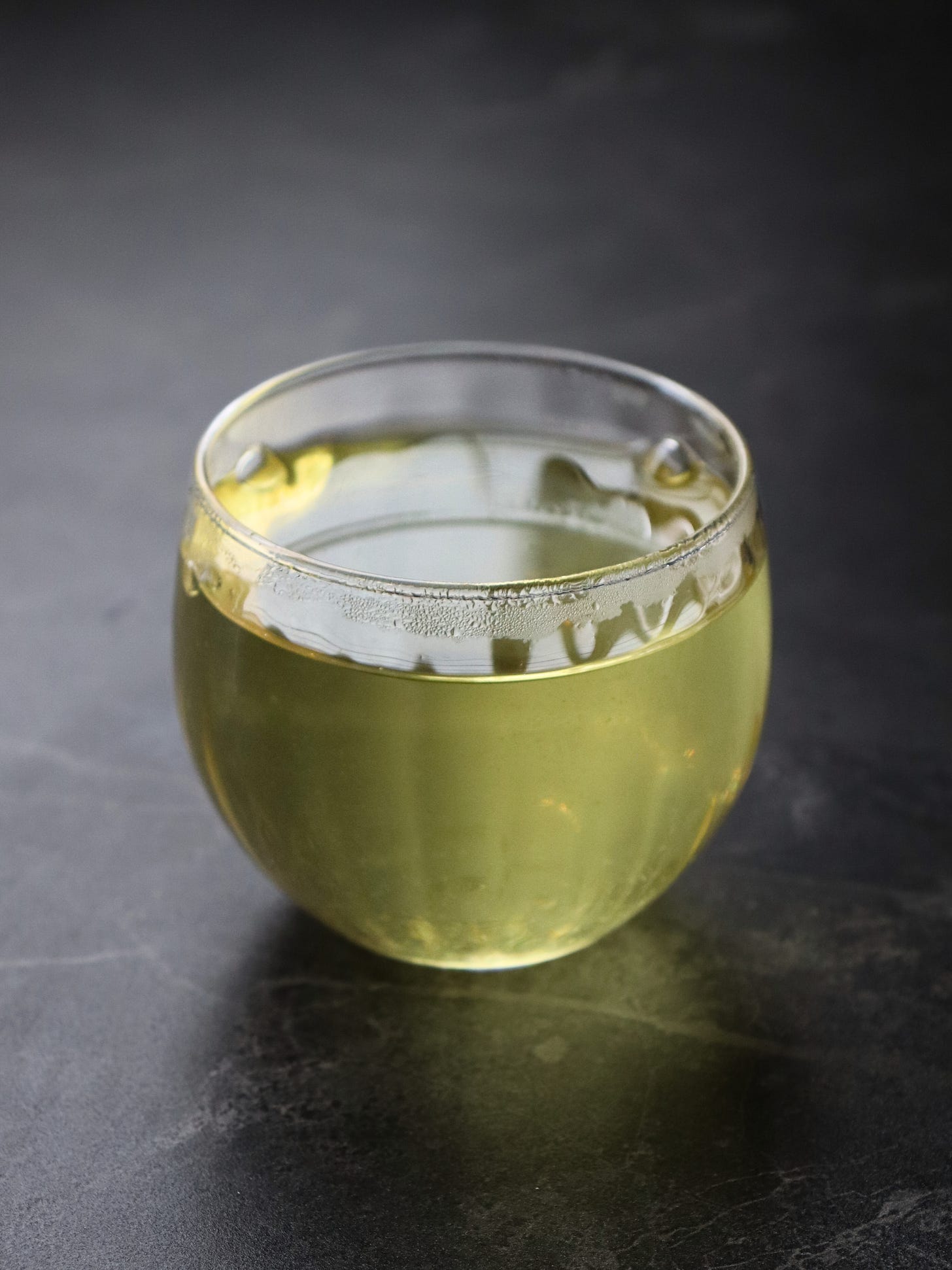
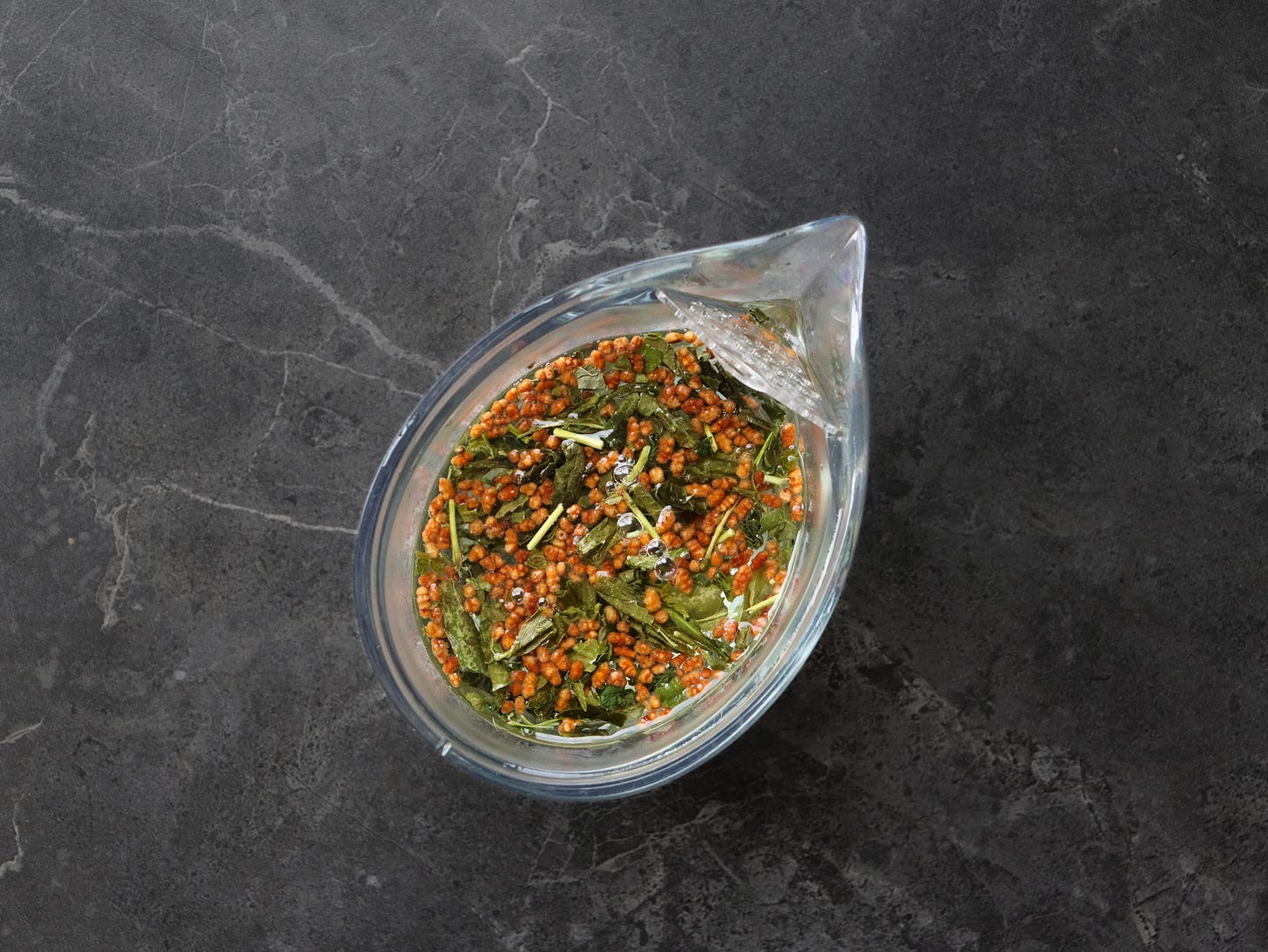
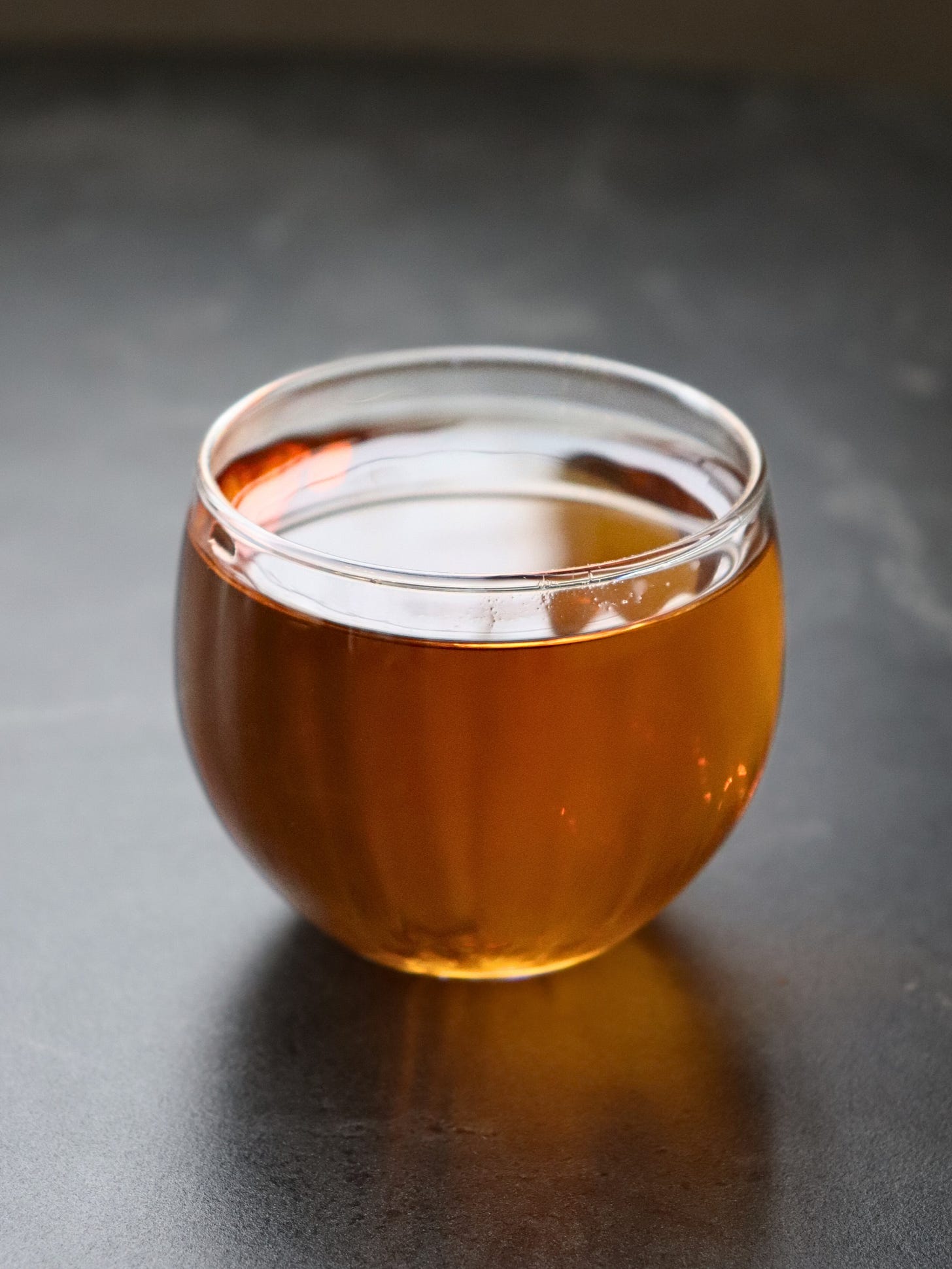
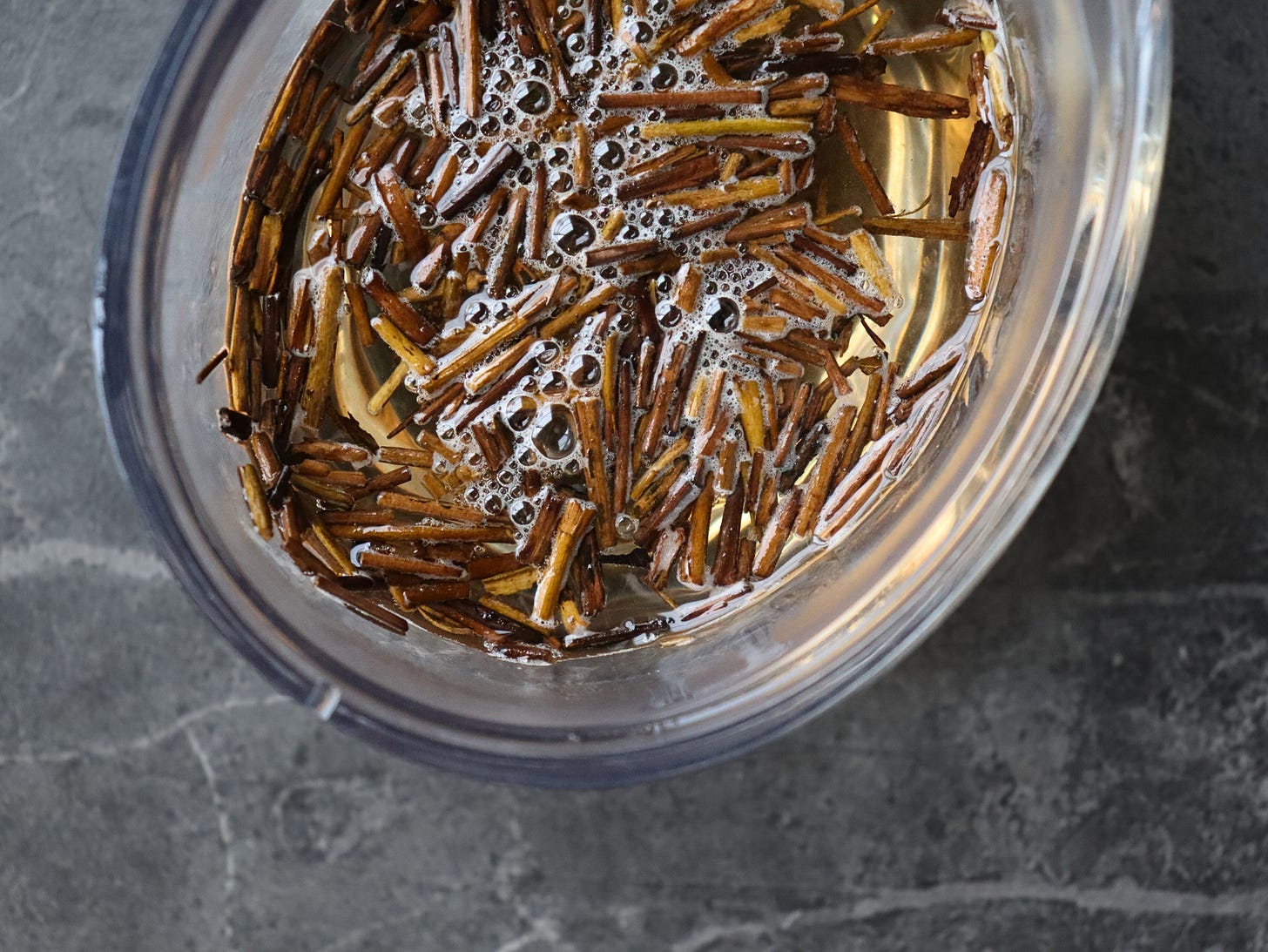
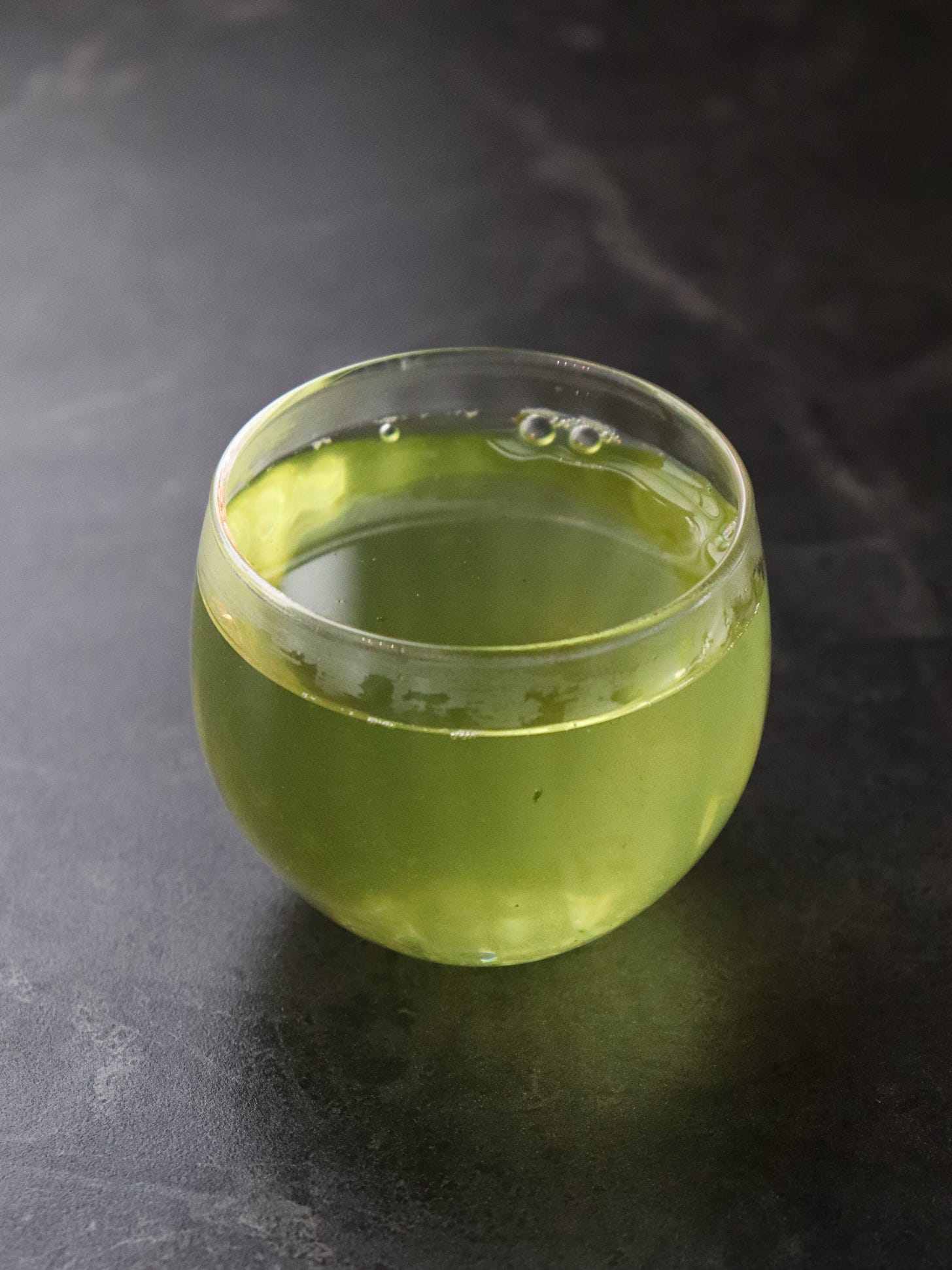
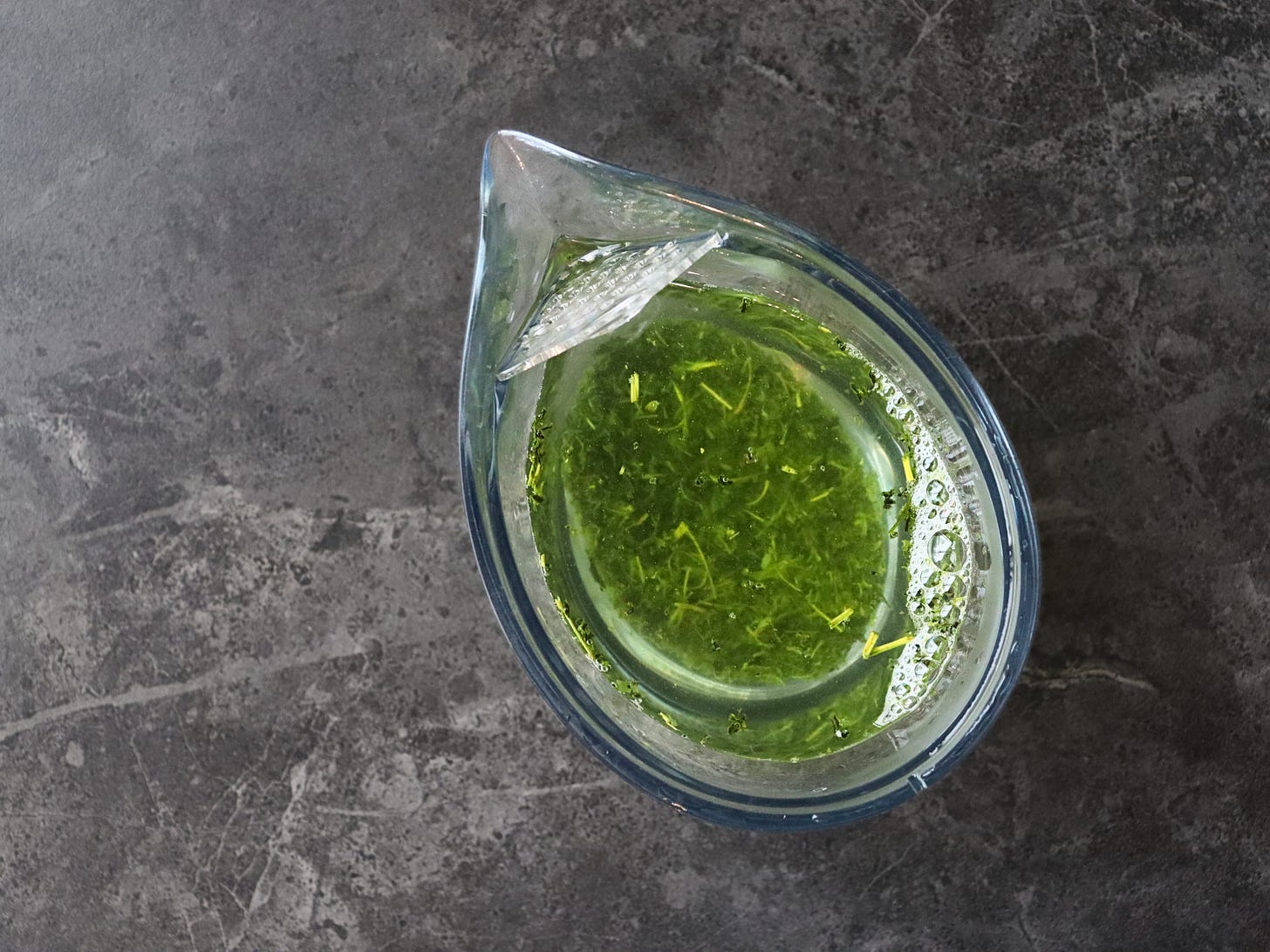
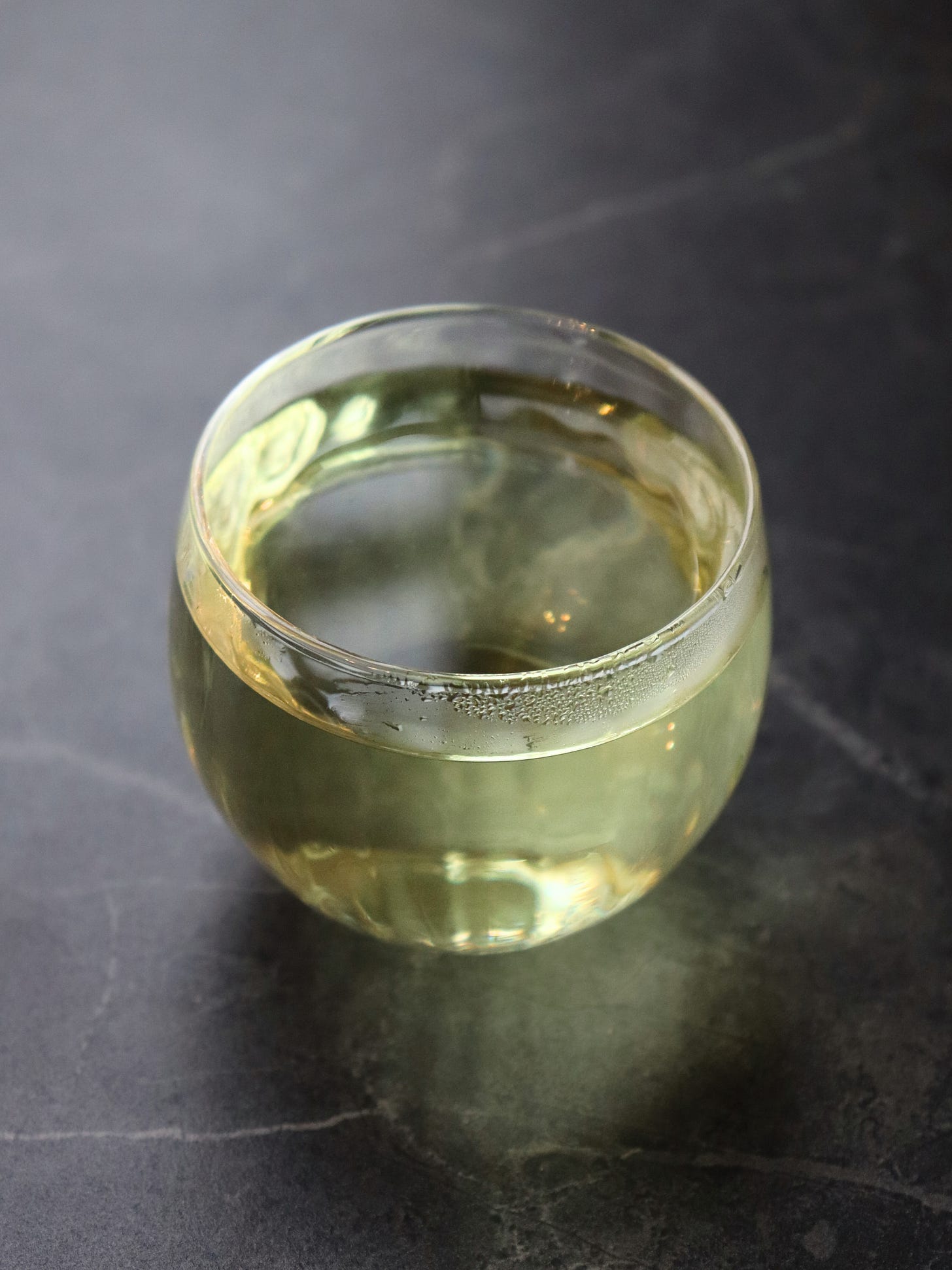
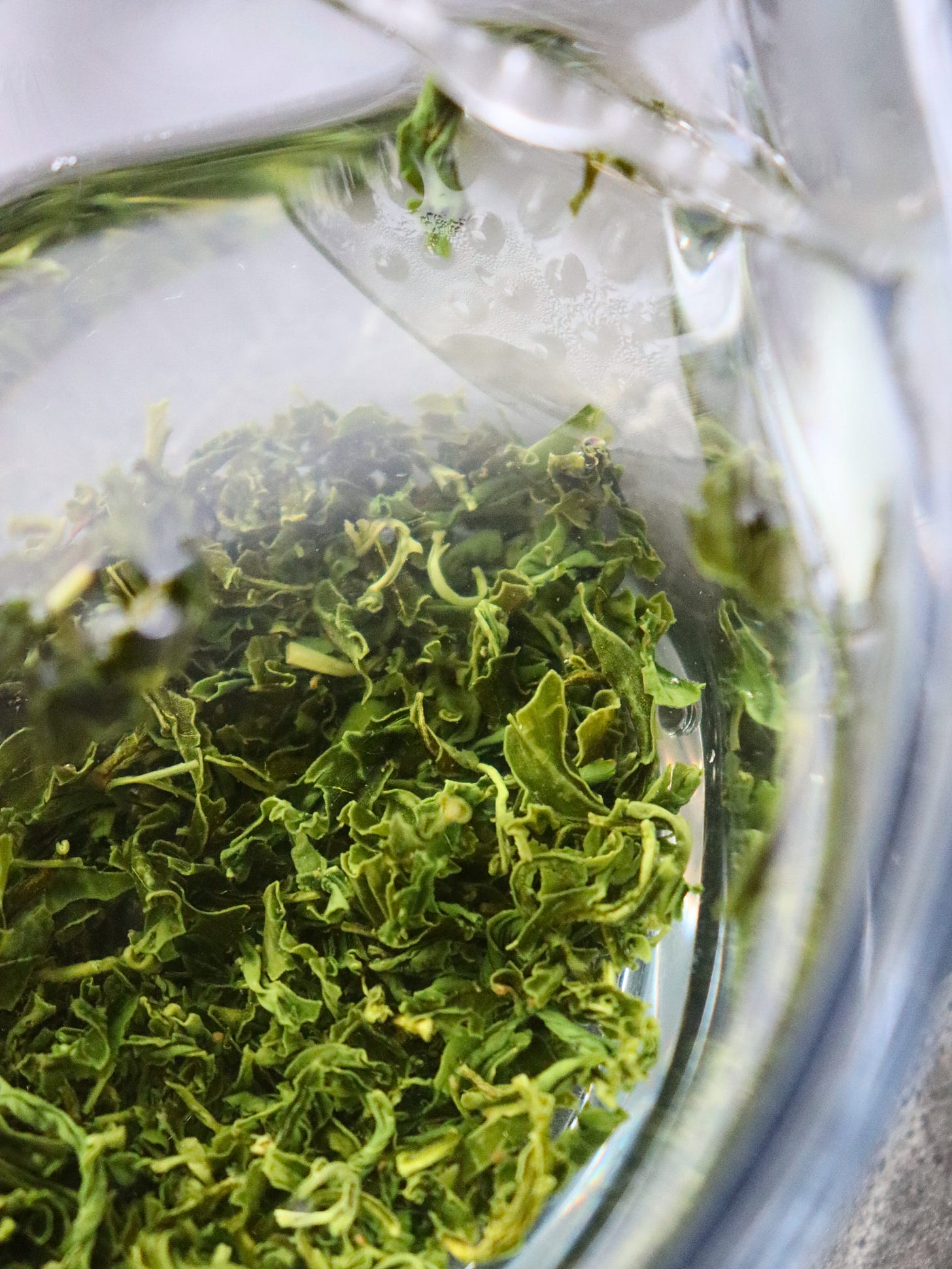
Wow! Thank you for sharing this Miki... it's really satisfying to understand the provenance of the teas and to source them from a provider that really honours the producers. I think I'd most like to try to try #1 Genmaicha, #2 Hojicha or #4 Kamairicha
The sencha in number 3 has a beautiful color and looks
delicious!